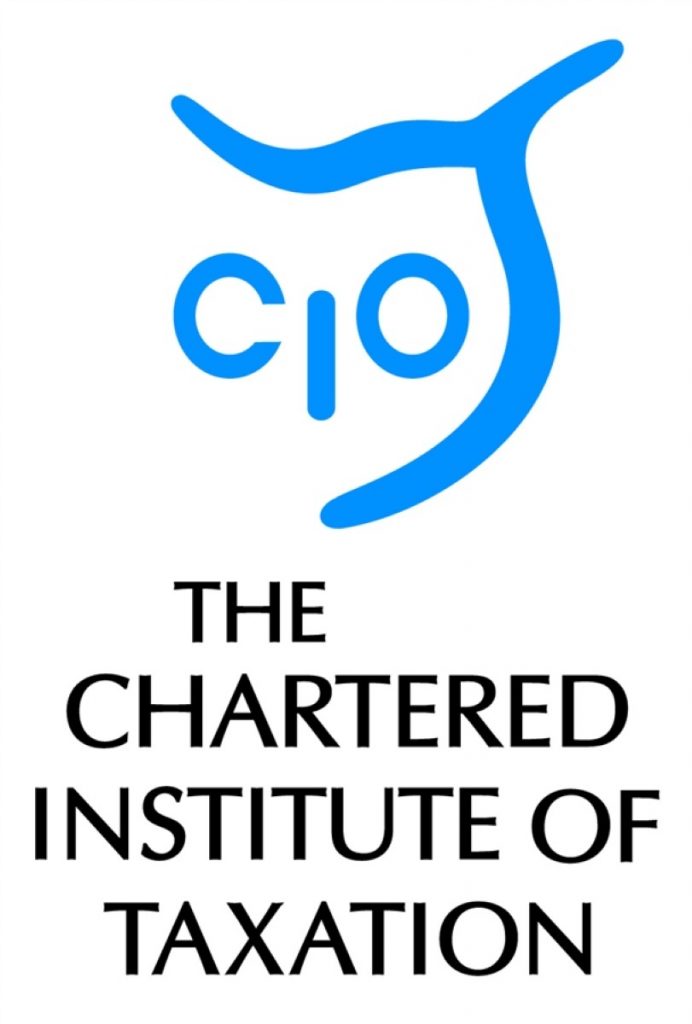CIOT: Campaigners welcome commitment to legislate against false self-employment
The Low Incomes Tax Reform Group (LITRG) has welcomed the Government’s commitment to legislate on employment intermediaries facilitating false self-employment.
LITRG Chairman Anthony Thomas explained:
“Since the removal of the upper earnings limit for Class 1 secondary NIC, workers and business have sought out ways to avoid being in a relationship of ‘employment’. Whilst some self-employed arrangements may be wholly legitimate, there are significant numbers of workers who are treated as self-employed for income tax and National Insurance despite the fact that the way in which they work on a day to day basis demonstrates that they could, in fact, be employees."
“This means that they pay their tax through self-assessment, rather than PAYE, pay less by way of National Insurance and are able to deduct more generous expenses than would normally be allowable for those who are in employment."
“The UK has particularly high levels of ‘self-employment’ which is partly due to the difficultly people have in applying the complex ‘status’ tests. In the construction industry, for instance, there is a lot of grey area and it is the norm for workers to be considered their own bosses, because they provide some of their own tools and equipment or are responsible for correcting any defective work caused by their actions.
“However, under the relatively new trading structure of a 'self-employed umbrella', there is little room for doubt that the tests are being distorted and the incidence of 'self-employment' is growing amongst workers who are very unlikely to be in business on their own account. For example it is not uncommon to find self-employed waiters and waitresses and factory workers.
“This is false self-employment. Not only does it deny the Exchequer tax that is properly due, but it is also unfair to other workers who may be doing exactly the same job as the incorrectly classed 'self-employed' person but on an ‘employed’ basis. LITRG also have concerns that it is often the worker rather than the engager of the worker who finds themselves under HMRC's spotlight, when actually it is the latter that should be HMRC’s first port of call. Furthermore a person’s employment status has much wider implications in terms of employment law rights and protections, and so false self-employment can leave low paid workers in a very vulnerable position."
“We therefore look forward to a thorough, comprehensive review of this complex area and a simplification of the rules, something we have called for on many occasions.”
Notes for editors
1. The Low Incomes Tax Reform Group (LITRG)
LITRG is an initiative of the Chartered Institute of Taxation to give a voice to the unrepresented. Since 1998 LITRG has been working to improve the policy and processes of the tax, tax credits and associated welfare systems for the benefit of those on low incomes.
2. The Chartered Institute of Taxation (CIOT)
The CIOT is the leading professional body in the United Kingdom concerned solely with taxation. The CIOT is an educational charity, promoting education and study of the administration and practice of taxation. One of our key aims is to work for a better, more efficient, tax system for all affected by it – taxpayers, their advisers and the authorities. The CIOT’s work covers all aspects of taxation, including direct and indirect taxes and duties. Through our Low Incomes Tax Reform Group (LITRG), the CIOT has a particular focus on improving the tax system, including tax credits and benefits, for the unrepresented taxpayer.
The CIOT draws on our members’ experience in private practice, commerce and industry, government and academia to improve tax administration and propose and explain how tax policy objectives can most effectively be achieved. We also link to, and draw on, similar leading professional tax bodies in other countries. The CIOT’s comments and recommendations on tax issues are made in line with our charitable objectives: we are politically neutral in our work.
The CIOT’s 17,000 members have the practising title of ‘Chartered Tax Adviser’ and the designatory letters ‘CTA’, to represent the leading tax qualification.
George Crozier
External Relations Manager
D: +44 (0)20 7340 0569
M: +44 (0)7740 477374





-01.png)